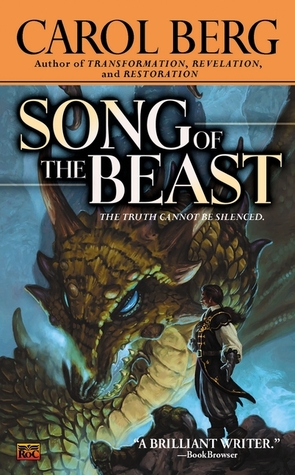Cruel Fate, by Kelley
Armstrong (Subterranean)
 I loved Kelley Armstrong’s previous “Cainsville” novella, Rough
Justice, which was my introduction to her work. In the small town of
Cainsville, outside Chicago, fae have made a home, as secure as any in the
modern world. The central characters, Olivia, her boyfriend, attorney Gabriel,
and her former boyfriend and biker, Ricky, are incarnations of characters from
Welsh legend, most notably in their participation in the Wild Hunt, that
infallible instrument of fatal justice against the guilty. Both novellas
combine mystery, drama, and evolving relationships in a highly satisfying way.
I loved Kelley Armstrong’s previous “Cainsville” novella, Rough
Justice, which was my introduction to her work. In the small town of
Cainsville, outside Chicago, fae have made a home, as secure as any in the
modern world. The central characters, Olivia, her boyfriend, attorney Gabriel,
and her former boyfriend and biker, Ricky, are incarnations of characters from
Welsh legend, most notably in their participation in the Wild Hunt, that
infallible instrument of fatal justice against the guilty. Both novellas
combine mystery, drama, and evolving relationships in a highly satisfying way.
In Cruel Fate, Olivia’s father has just been released from
prison, exonerated as a serial killer. He’s not entirely innocent, however,
having murdered the real serial killer. Now someone’s after him, and it’s up to
Olivia and Gabriel to find out who and why before her father becomes a victim,
himself.
One problem I had with the previous book was the slowly
evolution of the relationships, but reading a second novella gave me
perspective and pacing. While both can be read as stand-alones, I found a
deeper enjoyment in seeing self-discovery and progressive mutual understanding
while a dramatic mystery unfolds. The good news is that there are a whole bunch
of these stories. Now I want to go back to the beginning and read them all.















